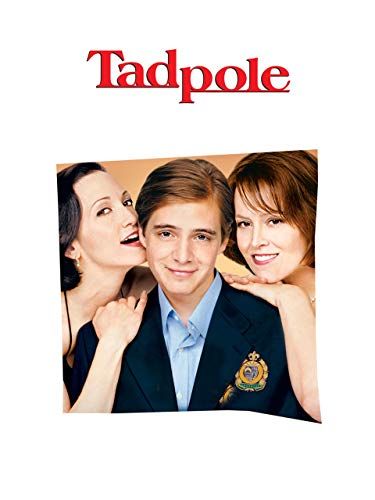

And you’re going to move on to - I don’t know - Bon Jovi or something.” “You guys are going to start this thing, and you’re going to find out this was a complete waste of time. I told Penny right off the bat that this is never going to see the light of day. KG: I was super-flattered that there was even an idea about it. But you are the first to say you are not angry at your critics and you’re not angry at the comedians who have taken swings at you. Kenny, this film does such a thorough job of contextualizing how you and your music have been misunderstood over the years. So the movie really evolved a lot because he’s more than a vessel for an idea. And so I was trying to think of a musician who would embody that conflict.īut then I met Kenny and got to know him. So I thought that was interesting - that was a source of conflict. And I almost think of it as a moral problem or something or that I have to convince them that they’re wrong. I’m not just like, Oh, it’s interesting that you disagree.

I’m the first to admit that if I love a film and I talked to you and you hated it, I’m mad. And so I thought about the conflict about artistic taste and how important our artistic taste is to us. I was trying to think of something that would actually have some conflict in it. KG: Did you see the Bee Gees documentary? Why couldn’t we have done one like that? People are there just to all say, like, how great they are in the movie. Kenny G: Why don’t you like music documentaries? I don’t really like music documentaries very much. Penny Lane: When Bill asked me to pitch a new music documentary, at first I was like, I don’t know, man. How did this documentary come about? Penny, Bill Simmons asked you to pitch him? “We were trying to figure out if I’m a subject or a star,” Kenny G began our conversation. to the pinnacle of pop as de facto creator of “wallpaper music” and turns to critics, academics, and DJs to ask a larger question: What makes music good or bad? Kenny G, 65, and Lane spoke to Vulture ahead of the film’s release about why the musician agreed to be the subject of a documentary about artistic taste. It traces his unlikely ascent - the Seattle-born son of a plumbing business owner who grew up loving and aping his musical hero Grover Washington Jr. So unbothered that the corkscrew-curled alto-sax cipher agreed to participate in a documentary spanning four decades of his life with no expectation of controlling or curtailing its narrative.ĭirected by Penny Lane ( Nuts!, Hail Satan?), the documentary Listening to Kenny G premiered at the Toronto International Film Festival in September and arrived on HBO Max Thursday. But Kenny G (né Kenneth Bruce Gorelick) appears unbothered. (“Kenny G has created a new low point in modern culture,” said guitarist-composer Pat Metheny.) He has watched the comedy routines, even laughed along with cultural curiosities that knocked him off his pedestal and covered him in filth (like the South Park episode in which an animated Kenny G is shown compelling the entire world to simultaneously shit its pants with his music). He has read the critical brickbats, the complaints lodged by fellow jazz musicians. The chart-topping, Grammy-winning, multi-multi-multiplatinum-selling pop saxophonist - who released the most successful instrumental album ever in 1992 and is almost single-handedly responsible for creating the smooth-jazz radio format now inextricably associated with elevators, dentists’ offices, and waiting rooms - knows people hate him. “It was very clear to me that he doesn’t give a shit.” “I wouldn’t have approached Kenny if I thought he was going to be super-sensitive,” Listening to Kenny G director Penny Lane explains.


 0 kommentar(er)
0 kommentar(er)
